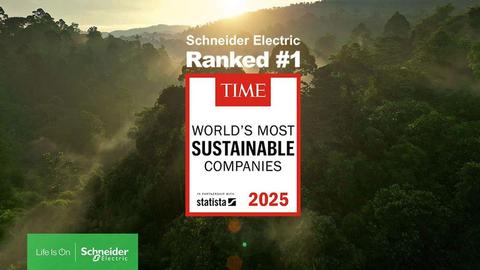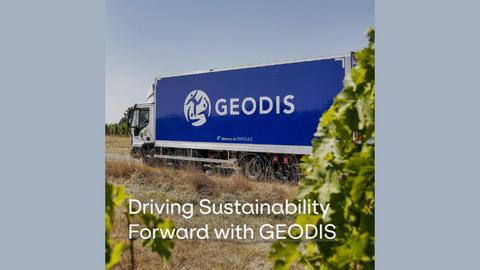Publications
FOCUS 71: Turning Up The Heat On Climate Change: How Businesses Can Thrive In A Warming World

Kimberley Kok, Assistant Manager at Global Compact Network Singapore, discusses the sustainability principles outlined for corporates worldwide
Global warming is a defining issue of our time. While this is a naturally-occurring phenomenon, heat-trapping man-made carbon emissions have caused global warming to accelerate at an unprecedented pace. Decarbonisation is key, yet four years after 195 countries pledged in the landmark Paris Agreement to keep global warming below 2°C relative to pre-industrial levels, global emissions are rising.
While Singapore contributes a mere 0.1% of global carbon emissions, she has pledged to reduce her emissions intensity by 36% below 2005 levels by 2030 and stabilise emissions to peak around 2030. This commitment is key: the region is already feeling the impacts of global warming - from hotter temperatures to rising sea levels. In a world increasingly defined by technological disruption, this will introduce added disruption, from new diseases to food shortages.
A Win-Win for Profits & Planet
Given that the private sector is a key engine powering Singapore’s economy and a significant contributor to Singapore’s carbon emissions - 60% of Singapore’s emissions come from manufacturing alone - private sector cooperation is paramount. Moral imperative aside, studies have also proven that responsible business and profits go hand in hand. Having responsible business practices can improve one’s competitiveness while building climate resilience.
The Power of Principles
The United Nations Global Compact (UNGC), the world’s largest corporate sustainability initiative, has outlined Ten Principles in the areas of human rights, labour, environment, and anti-corruption as a framework for sustainable business.
Three Principles apply to environmental matters:
Principle 7: Businesses should support a precautionary approach to environmental challenges;
Principle 8: undertake initiatives to promote greater environmental responsibility; and
Principle 9: encourage the development and diffusion of environmentally friendly technologies.
From Principles to Action
For those new to decarbonisation: start by measuring, monitoring, and reducing your water and electricity usage - the cost and carbon savings obtained will benefit not just your bottom line, but also the environment.
For the more advanced: share your expertise with the business community, pioneer low-carbon technologies, or implement internal carbon pricing - this can incentivize energy efficiencies and hedge against climate risks.
A Local Lens for Global Change
As the local chapter of UNGC, Global Compact Network Singapore (GCNS) promotes the Ten Principles through capacity building, thought leadership and platforms facilitating meaningful collaborations.
Additionally, GCNS and the World Bank’s Carbon Pricing Leadership Coalition (CPLC) jointly formed CPLC’s first official chapter: CPLC Singapore. Through this unique partnership, CPLC Singapore promotes climate change mitigation through carbon management, particularly internal carbon pricing.
Taking the Lead
The Paris Agreement will not be achieved through political will alone. To continue thriving in an increasingly carbon-constrained world, businesses should take the lead in building climate and economic resiliencies.
Join us as we shape a sustainable future: be part of something better.

Interview with Kimberley Kok, Assistant Manager at Global Compact Network Singapore, for FOCUS #71. To read more articles from this issue, download your digital copy here


